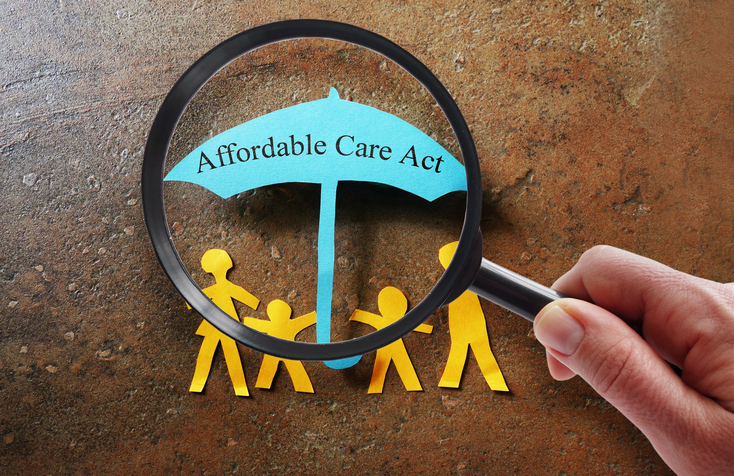Highlights of the important and the interesting from the world of health care:
Higher copays backfire: Increase patients’ copayments for doctor’s visits, the theory goes, and you’ll see lower health costs since people won’t go to the doctor for minor ailments. Alas, that theory’s wrong, according to a study published in The New England Journal of Medicine. Instead, higher copays lead to higher health spending and seniors avoiding seeking necessary treatment, the study’s author says. Worse, the copay problems were exacerbated for people who were disabled and had low incomes and chronic conditions such as high blood pressure, diabetes and heart problems. The study should be an eye-opener for any health plans that believe jacking up copays will save money or improve health outcomes–if anyone ever actually believed that.
“You want to put the incentives where the best decisions are going to be made,” a public health professor said. “The heaviest impacts were on the people who were most at risk for making bad decisions.”

With the Rise of AI, What IP Disputes in Healthcare Are Likely to Emerge?
Munck Wilson Mandala Partner Greg Howison shared his perspective on some of the legal ramifications around AI, IP, connected devices and the data they generate, in response to emailed questions.
Do the right thing? Not if you’re a nurse: From the great state of Texas comes the tale of a nurse who was fired for reporting a doctor who practiced bad medicine, including stitching a rubber tip to a patient’s crushed finger for protection. But it gets much worse. As a reward for fulfilling her professional obligations, the nurse has been indicted on felony charges for “misuse of official information” and could face up to 10 years in prison. Could a reason behind this seemingly gross and blatant miscarriage of justice be that the sheriff in this small West Texas town is a friend of the doctor’s and credits the doctor with saving him after a heart attack? Nah, probably just a coincidence.
Tennessee hospitals want higher taxes? You know times are strange when an industry is asking for an increase in taxes, but that’s what’s happening in Tennessee. Rather than see the state’s Medicaid program get cut–and the corresponding cuts to federal matching funds that would go along with that–the state’s hospitals would prefer the state reinstitute a tax on them that expired 16 years ago, the Tennessean reports. No, it’s not an altruistic gesture on the part of hospitals concerned about the state’s low-income residents. They’re simply, and quite reasonably, taking the position that the cuts in state and federal funding would exceed the amounts they’d lose from the tax. Still, any time an industry is asking the government to raise its taxes, that’s a development worth noting.
Another dumb move by Democrats: The latest on the slowly sinking ship of health reform is that House Democrats plan to strip health and medical liability insurers of their anti-trust exemption. “What would this accomplish and why would Democrats do it?” you may ask. The short answers are “very little” and “to score cheap political points.” In an excellent rundown of the issue, Kaiser Health News explains that insurers essentially use the anti-trust exemption to share data that allows them to better price risk. Democrats say that removing the exemption would lead to reduced premiums via increased competition. If only it were so…
Repealing the antitrust exemption, if anything, could harm smaller insurers who don’t have as many customers–and hence as much data–as the giants who have enough of their own data already to adequately price risk. Perhaps the best signal that the antitrust exemption is meaningless is that the health insurers’ trade group, the Association of Health Insurance Plans, isn’t putting up any substantial fight on the issue. Further, the nonpartisan Congressional Budget Office estimates that repealing the exemption would have no significant impact on the premiums insurers charge to customers or the federal budget. “It might sound good, but I can think of very few things in the bill that would be less consequential for consumers of health insurance,” one analyst says.
Photo courtesy of flickr user PhotoDu.de














